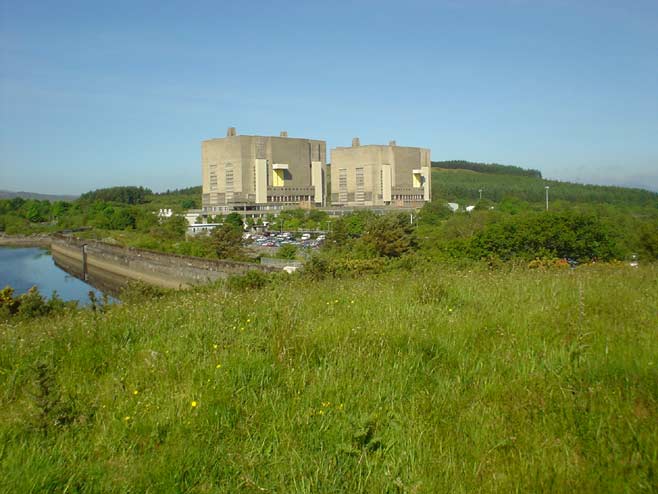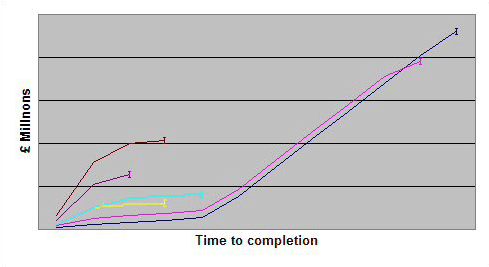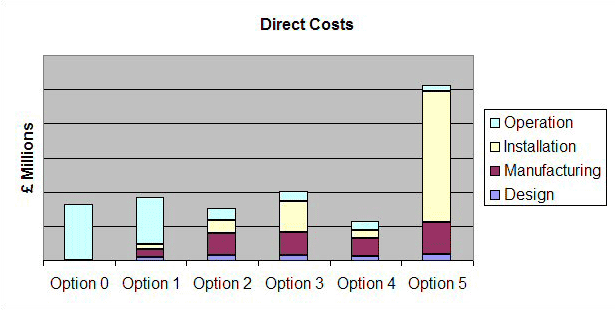Providing analytical support to the decommissioning design process

VT Nuclear Services (formerly British Nuclear Group Project Services) was the specialist nuclear engineering, decommissioning and remediation contracting business of VT Group, now Babcock International. The company’s knowledge base and Intellectual Property rights gained from BNFL’s 40 years experience in nuclear decommissioning and clean-up now are consolidated in VT Nuclear Services and underpinned with commercial contracting and project management skills.
BNFL has successfully closed down and cleaned up over 50 nuclear facilities in the UK, Europe and the United States. This knowledge is applied by VT Nuclear Services to provide customers with optimum solutions and reduced risk at all stages of the decommissioning process.
The challenge
As part of the decommissioning of the UK Trawsfynydd Decommissioning Site, British Nuclear Group Project Services, were responsible for designing and remediating an existing facility to recover, process and encapsulate Intermediate Level Waste (ILW) from one of the waste vaults on site. Initial trials with the existing plant have indicated that the retrieval process using this system will take longer than the site decommissioning programme could tolerate. The challenge was to identify a cost-effective, safe, solution for waste retrieval that would fit the overall site programme.
The solution
By working closely with British Nuclear Group Project Services ILW Team, Taranto Consultancy was able to construct a simulation that confirmed that the existing system would not achieve the desired timescale. The model was able to successfully represent:
- Remote retrieval of waste from the vaults to a transfer system;
- Operation of the transfer system;
- Operator sorting and monitoring of waste with manipulators;
- Packing and sealing of ultimate waste containers in accordance with NIREX requirements;
- Equipment availability.
The use of the Simul8 enabled Taranto Consultancy to identify specific areas which contributed to the problem and propose specific solutions, prompting a more general design review. These solutions together with some alternative, more radical, approaches were evaluated using Life Cycle Cost (LCC) methods. As a project timescales were a significant factor in the costs, the alternatives were also modelled in Simul8 in order to predict total retrieval times.
The result
The simulation of alternatives allowed a clear picture of costs arising from retrieval timescales as well as operation and maintenance costs. Combining these with predicted costs of implementing each of the five potential solutions (which ranged from ‘do nothing’ to total plant replacement) into an LCC analysis it was possible for a clear picture to emerge as to which would meet the company’s objectives. The result was clear, favouring a move to alternative technologies for retrieval which had a good balance between implementation costs and speed of completion. This clearly demonstrated the power of LCC analysis to impartially collect data and present it in a form that aids decision-making for long term profitability.
The preferred solution is being developed for implementation on site.



